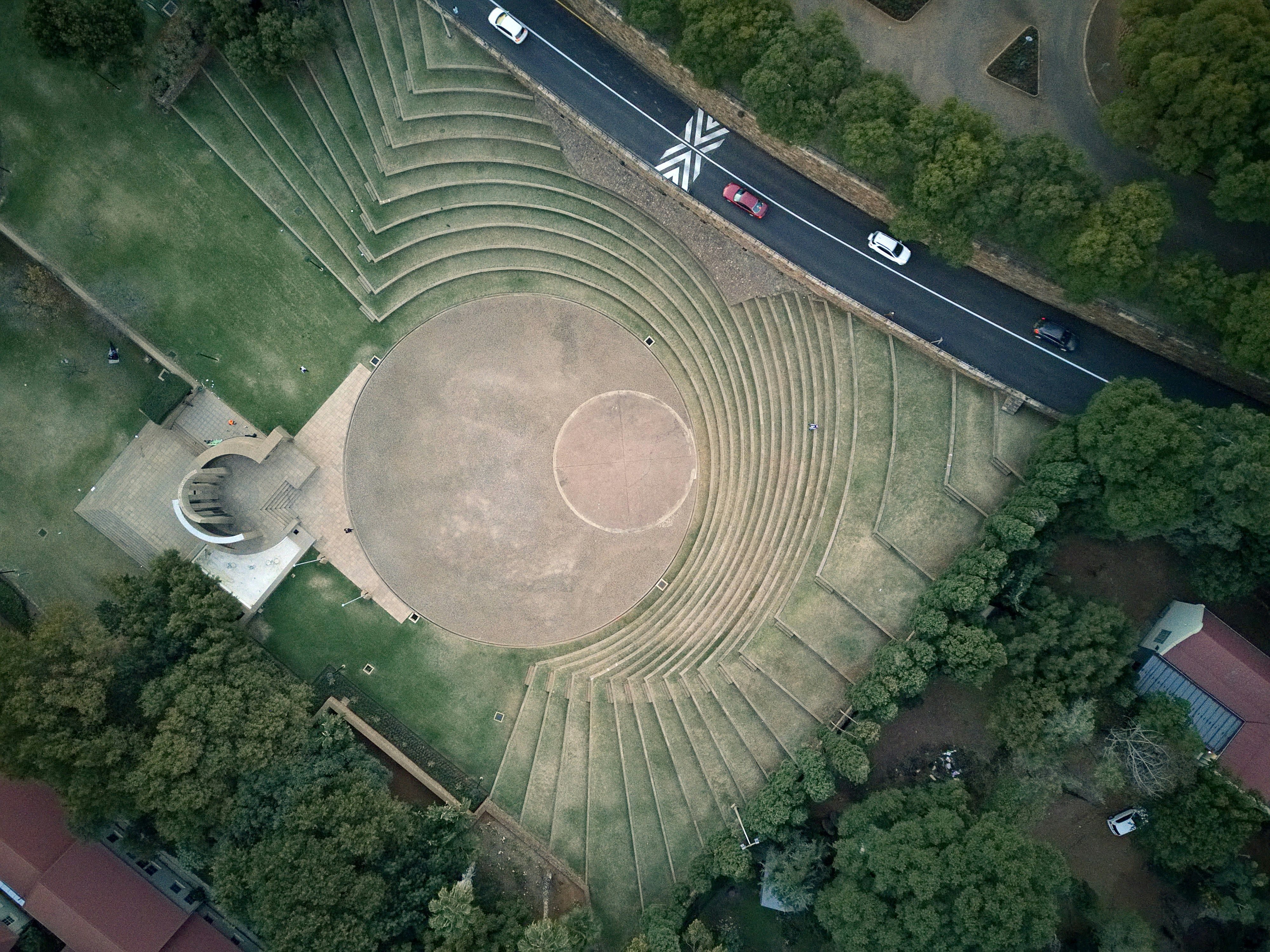Federal Court Evaluates Case Stemming from questionable FBI Raid on Wrong Property
Case of the Traumatic Misdirected Raid
In the wee hours of October 18, 2017, Atlanta resident Toi Cliatt found himself in a life-threatening situation. As he heard a deafening bang coming from his own home, his mind raced. Should he, an innocent man, arm himself against intruders or risk the unknown? Thankfully, he hesitated. The intruders were not armed robbers but FBI agents.
The agents had mistakenly raided Cliatt's home, a shocking incident that left him, his girlfriend Trina Martin, and her 7-year-old son, Gabe Watson, traumatized. Eight years later, the incident is still making its way through the justice system, with the Supreme Court hearing oral arguments this week.
The traumatic experience has stayed with them all. "My home, my safe haven, was no longer secure," Martin recalls. Cliatt was handcuffed, thrown onto the floor, and left with guns pointed at his head. Martin, desperate to protect her son, was not allowed to move. Gabe was jolted awake to find men with guns in his bedroom. "I can't forget it," Gabe, now 14, says.
From the FBI's perspective, the raid was a fleeting mistake. Once they realized their error, they quickly left. A supervisor later returned, offering an apology and his card. The ensuing lawsuit filed by the trio seeks damages, and the Supreme Court is considering whether the claims can move forward. Though the justices questioned both sides extensively, their rulings may only narrowly support the plaintiffs.
This case highlights the all-too-common issue of law enforcement carrying out raids on the wrong houses. Patrick Jaicomo, a lawyer from the libertarian Institute for Justice who is representing the plaintiffs, notes an increased number of such incidents in recent years, with cases in Texas and Indiana alone. Unfortunately, wrong-house raids often occur against a backdrop of excessive police militarization and a lack of accountability when things go awry.
In court documents, the Justice Department attributes the 2017 Atlanta raid to a faulty Garmin GPS device used by FBI Special Agent Lawrence Guerra. Guerra had surveyed the correct house, taken photos, but relied on the GPS on the day of the raid, which indicated they had arrived at the correct location. The FBI was actually seeking to arrest a man named Joseph Riley, living nearby. After they left the wrong house, they raided the correct home, leading to Riley's arrest and later conviction.
The case before the Supreme Court centers around claims of assault, battery, false imprisonment, and whether they are covered under the Federal Tort Claims Act (FTCA), one of the few avenues to hold federal officials accountable. The justice department argue that the lawsuit cannot proceed because Guerra's mistake was a judgment call within his discretion and, therefore, off-limits. However, the plaintiffs claim that the discretionary function exception applies only to administrative decisions and wrong-house raids should be subject to litigation.
As the Supreme Court decides the case, it has the power to set new precedents for federal liability in such incidents. Common causes of wrong-house raids include faulty intelligence, procedural negligence, and a lack of accountability. Solutions include enhanced verification protocols, legal reforms, compensation frameworks, and training improvements. The proposed reforms aim to minimize mistakes and ensure justice for innocent victims.
- In the hearing at the Supreme Court this week, the case of Toi Cliatt, the Atlanta resident who was mistakenly raided by FBI agents, is being discussed.
- The Supreme Court is considering whether the claims made by Cliatt, Trina Martin, and Gabe Watson can move forward, as the FBI argues that the claims are covered by the discretionary function exception.
- Patrick Jaicomo, a lawyer representing the plaintiffs, argues that this case, along with similar incidents in Texas and Indiana, highlights the need for enhanced verification protocols and accountability in law enforcement.








